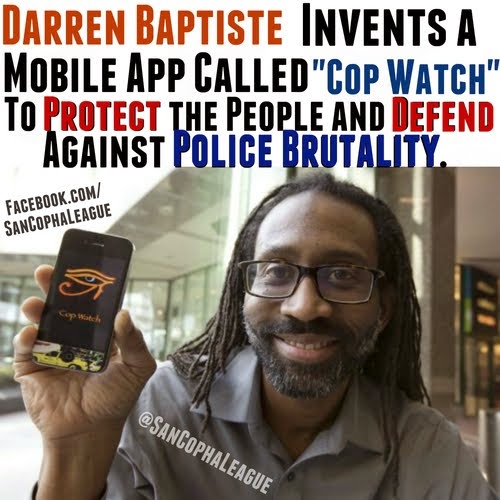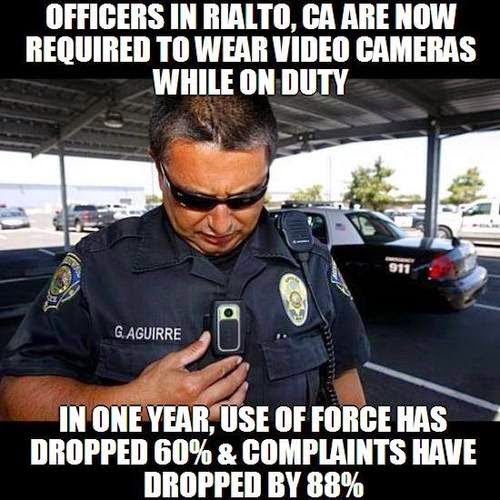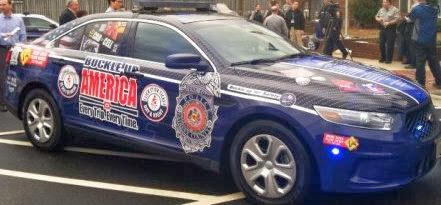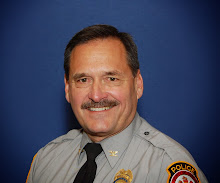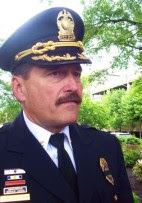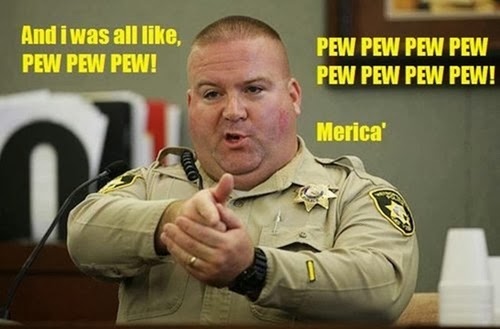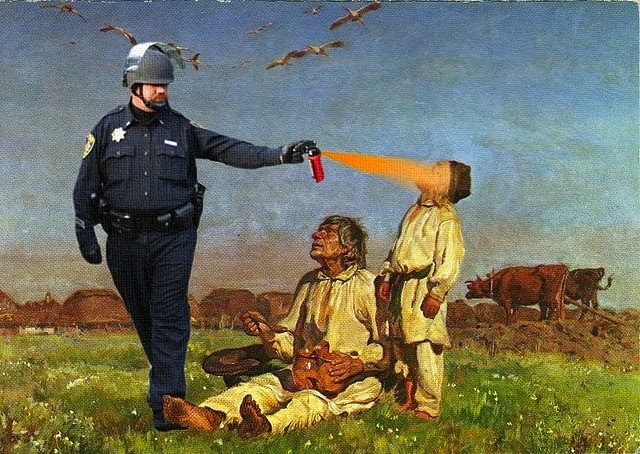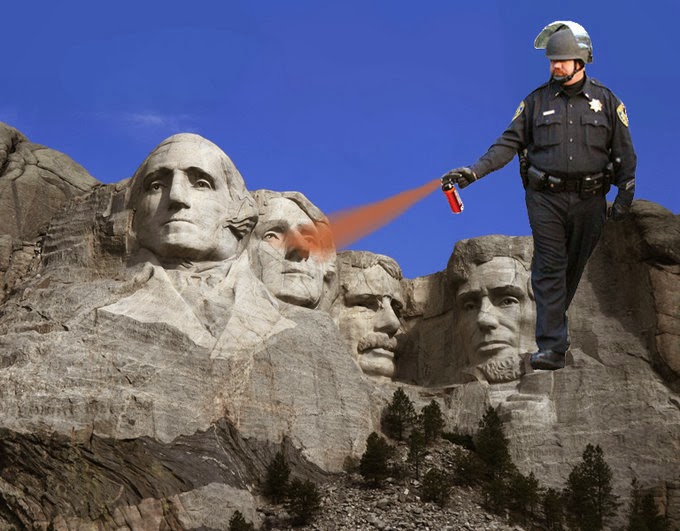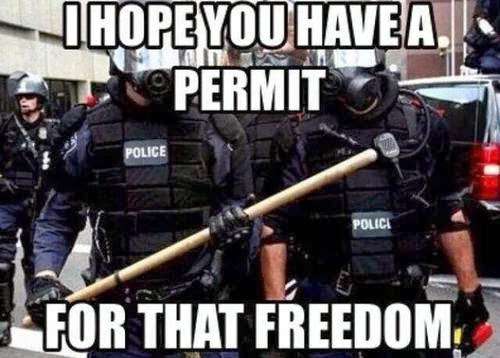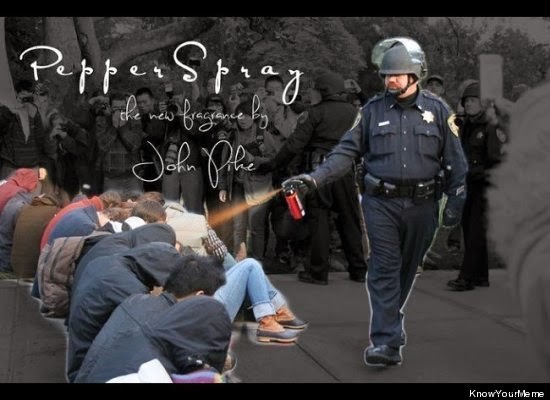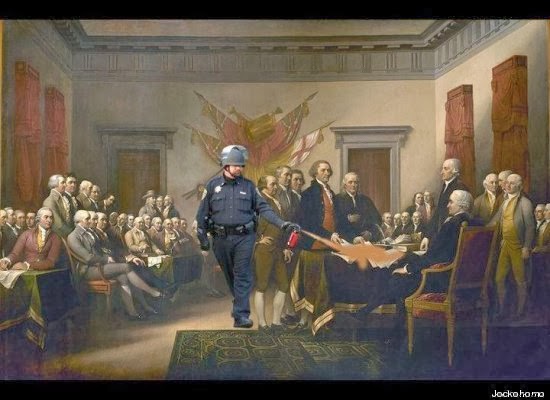Its a punk problem...have you had to deal with the Fairfax County Police when they think no one is watching? They're punks. And that's the core of the problem. Get rid of that attitude and you'll have a great police force which is why this clown IS ALL WRONG FOR THE JOB.
Fairfax County Dems call for firing of new police chief
David Taube May 26, 2021 at 2:00pm
The Fairfax County Democratic
Committee wants county leaders to fire newly hired county Police Chief Kevin
Davis in response to continued controversy surrounding his history as an
officer.
The local political group passed
a motion at its general membership meeting yesterday (Tuesday) recommending
that the Fairfax County Board of Supervisors fire Davis, reopen the police
search, and implement a transparent hiring process.
“We believe we need to overhaul
the criminal justice system from top to bottom, to end racial inequity in
policing, end police brutality and build a police force built on trust where
our residents don’t need to worry about protecting their families from the
police sworn to protect and serve them,” FCDC said.
Davis’s hiring has drawn vocal
criticism from civil rights advocates and community groups since he was
appointed as retired Chief Edwin Roessler’s successor on April 23, particularly
in the wake of an NBC4 report on two lawsuits that he faced while working as an
officer in Prince George’s County, Maryland in the 1990s.
In one case, Davis reportedly
stopped and violently arrested a driver, eventually leading to a $12,500 jury
award to Mark Spann, who is Black. The other case involved Davis and a group of
narcotics officers illegally detaining a 19-year-old, who later sued and won a
$90,000 judgment.
Davis has also faced renewed
scrutiny for his 2015-2018 tenure as commissioner of the Baltimore Police
Department, which included a secret aerial surveillance program and a six-day
lockdown of the predominantly Black Harlem Park neighborhood that is the
subject of an ongoing lawsuit filed by the ACLU’s Maryland chapter.
“Hiring a candidate with a
history of racially charged use of force incidents in their past is not starting
from a place where community trust can be built,” FCDC said.
Board of Supervisors Chairman
Jeff McKay has repeatedly expressed confidence in Davis as Fairfax County’s new
police chief.
A spokesperson from his office
declined to comment on the FCDC motion, which was developed by the committee’s
Black caucus. The committee says in a press release that it was
“overwhelmingly” supported by its 1,000-plus members.
In lieu of a comment, McKay’s
office shared a letter sent to FCDC on May 20 that touted Davis’s “ability to
implement progressive reforms,” citing his efforts to implement changes in
Baltimore like the introduction of body-worn cameras and a revised use-of-force
policy that emphasizes deescalation.
The letter, which was signed by
all nine Democratic supervisors, also defended the level of public engagement
used during the police chief hiring process. The search included a
pre-screening panel, a survey that generated over 3,000 responses, and an
outreach campaign with over 275 community meetings and calls.
Davis also participated in a
public input session during his first week as the new police chief — albeit
with continued controversy.
“We are confident that this
year’s process was the broadest and incorporated both extensive public input
and intentional inclusivity,” the Board of Supervisors letter said.
“Regardless, we commit to looking at our entire public participation process
for future personnel decisions and establishing a framework for further
improvement.”
The board also stated that it
“fully understands that the history of policing has not centered around the
safety and well-being of all members of the community,” acknowledging systemic
problems in the U.S. and county.
As noted by the Fairfax County
NAACP, the FCDC motion on Tuesday came exactly one year after former
Minneapolis police officer Derek Chauvin pressed his knee on the neck of George
Floyd. A jury convicted Chauvin of murder in the death of the 46-year-old Black
man on April 20.
The civil rights organization
reiterated in its statement released today (Wednesday) that it “does not have
confidence in the process by which the new Police Chief was hired, nor in its
results,” calling for people to contact supervisors and amplify their concerns
on social media.
“Whether in Minneapolis or Fairfax,
the issue of police brutality is real, and time and time again, we are told
that our fears and outrage are misplaced,” the Fairfax County NAACP said. “What
the Board of Supervisors refuses to acknowledge is the validity of our concerns
over the hiring process and our experience of being dismissed when asked for
feedback.”
Earlier on Tuesday, Davis, who
started the job on May 3, shared a plan for his first 100 days at a Board of
Supervisors public safety committee meeting. His plan included revamped
procedural justice and implicit bias training that he, command staff, and
others are testing before rolling out to the entire department.
“Accountability and training used
to be kind of buried inside police department organizational structures. It
needs to be elevated and highlighted,” Davis said.
Davis also said he plans to be
inclusive with a community advisory council for his department, saying that,
int he past, he has included the American Civil Liberties Union, the NAACP and
other advocacy groups.
Lee District Supervisor Rodney
Lusk, who chairs the public safety committee, proposed 30-day progress reports
to assess his and the department’s work with numbers.
During the committee meeting, the
board also discussed a draft policy that Davis presented to scale back when
police are involved in a pursuit.


